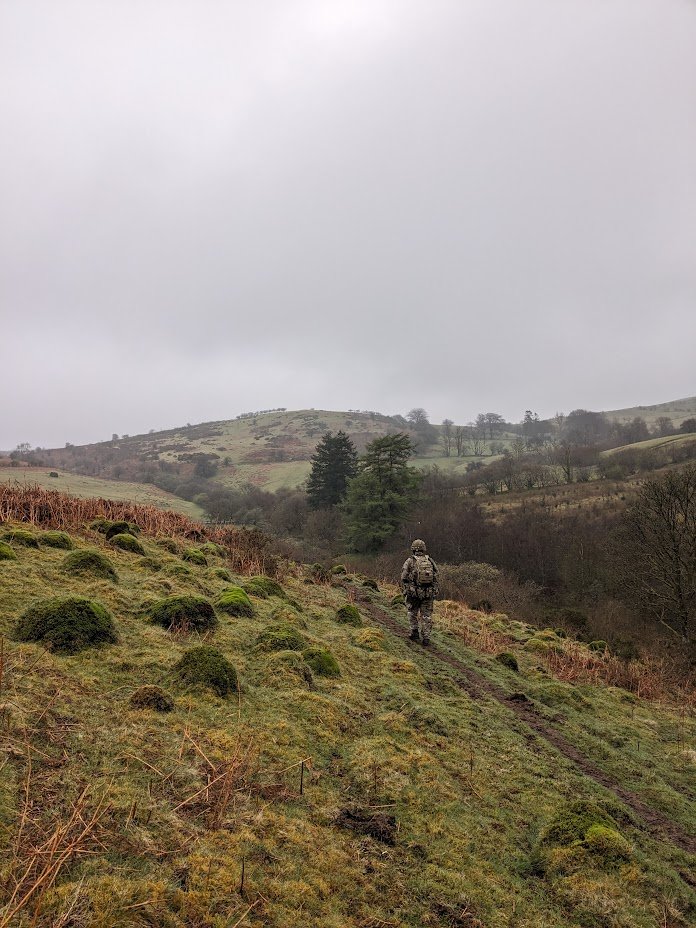Ex Military Careers: Leadership and Team Management
As businesses strive for efficiency and effectiveness in executing projects, the need for skilled professionals to manage these processes has grown exponentially. Interestingly, one of the most valuable but perhaps underappreciated reservoirs of talent for these roles lies in veterans transitioning from military service to civilian life. For those who have served, careers in project controls are a great avenue to explore.
This series of articles aims to shed some light on the alignment between the skills gained in the military and those required for success in project controls roles. The first one to cover is: leadership and team management. It's a significant and well sort after attribute that veterans can bring to the table.
Leadership and Team Management
Leadership is not about shouting or saying look at me, aren't I important, it's not even just about giving orders; it's about inspiring a team to achieve common goals under challenging conditions. This is where a veteran's career experience shines. Military roles often come with significant leadership responsibilities, requiring the management of teams in situations that demand precision, adaptability, and resilience. Veterans are trained to lead by example, make strategic decisions under pressure, and ensure the welfare and motivation of their team members.
In project controls, the parallels are striking. Successful project execution hinges on the ability to lead project teams effectively and manage the expectations of various stakeholders. Veterans excel in this area, bringing a level of leadership and team management that is hard to find elsewhere. Their experience in coordinating efforts, delegating tasks, and fostering team cohesion underpins the successful delivery of projects.
Transferable Leadership and Management Skills:
Coordinating efforts: Veterans are adept at organising team activities towards common objectives, a critical skill for managing complex projects.
Delegating tasks: Veterans have experience in assigning responsibilities in a way that leverages individual team members' strengths, enhancing project efficiency.
Fostering team cohesion: a veteran's background in being part of building and maintaining strong team dynamics is key to ensuring collaborative project environments.
Setting clear objectives: The military practice of (hopefully) defining clear missions translates to establishing precise project milestones in project controls.
Monitoring progress: Veterans are skilled at overseeing project developments and ensuring tasks are completed as planned.
Adjusting strategies: Proficiency in adapting to changing circumstances allows for effective project management, including implementing corrective actions to address variances.
By recognising and valuing the transferable skills of leadership and team management, businesses can unlock a wealth of talent. Veterans, with their discipline, strategic thinking, and leadership abilities, can make a real impact in the field of project controls.
Harnessing Veterans' Expertise in Project Controls
In this first instalment of our series, we've explored the alignment between military service and project controls, focusing on the invaluable leadership and team management skills that veterans bring to the civilian workforce.
With hard-earned experience in navigating challenging conditions, fostering team cohesion, and executing strategic decisions under pressure positions they are exceptional candidates for roles in project controls.
From Service to Success: A New Chapter
This series aims to not only highlight the unique capabilities of veterans but also to encourage organisations to leverage this untapped reservoir of talent.
Keep an eye out for our upcoming articles, where we'll further uncover how the discipline, strategic thinking, and robust leadership forged in the military can significantly impact the success of projects.
Bob joined the military soon after realising studying for a computer science degree wasn’t for him. He headed to the careers office at his university (then a Polytechnic!), saw a poster from the RAF and immediately applied. His first role was working in a bunker in North East Scotland patiently waiting for the Russians to come over. Luckily they didn't. Later he applied to be aircrew on RAF helicopters, responsible for almost everything behind the pilot and sometimes an odd pilot or two. He left the military in May 2015 as a Master Aircrew with only a general idea of what his second career would be. He worked for a leading aviation company, eventually working in project management/project controls including risk management and later moved to a consultancy as a Project Control Manager specialising in risk. Bob is now Associate Director and technical discipline lead for Risk Management at Blueprint Project Solutions Ltd.
Robert Sunderland,
Director




